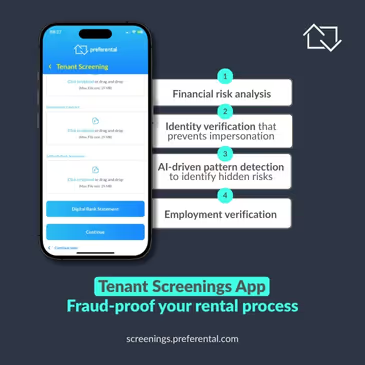Die Without a Will? What happens to your property
- Intestate law decides heirs, not you - expect delays and disputes.
- Vacant homes, unpaid bonds, frozen equity hurt families’ finances.
- Fix it fast: valid will, executor, trust for minors.
Why this matters if you own property
If you die without a will in South Africa, your estate is wound up under the Intestate Succession Act.
Someone will inherit, but not necessarily who you intended, and it often takes longer, costs more, and creates avoidable conflict. Your bond, rates, insurance, and tenants don’t pause for legal admin.
The legal path without a will (plain English)
- Report the estate to the Master of the High Court.
- A representative/executor is appointed (Letters of Authority/Executorship).
- Your marital regime matters:
- In community of property: the joint estate is split first.
- Out of community with accrual: accrual claims are settled.
- Assets are distributed by the Act’s hierarchy: spouse, then children, then parents/siblings, then distant relatives. Life partners and blended families may be excluded.
- No will = no testamentary trust for minors; a Guardian’s Fund may hold their share. Property might need to be sold to pay debts, taxes, and costs.
The economic consequences (what actually goes wrong)
- Time costs: transfers stall; equity is trapped; rates/levies/insurance continue.
- Carrying costs: vacant property deteriorates; security and upkeep drain cash.
- Debt pressure: the bond must still be serviced; arrears trigger legal action or forced sale.
- Tax drag: poor planning can increase estate duty, CGT on deemed disposals, and admin fees.
Impact on families (the human cost)
- Delayed access to funds for living expenses.
- Forced sales to settle debts, even when a family member could have kept the home.
- Disputes among heirs, especially in blended families or where a partner isn’t legally recognised.
- Minors’ shares locked up with limited flexibility for school fees or emergencies.
The opportunity: make the system work for you
- Name your heirs (spouse/partner/children/parents) explicitly, don’t let legislation guess.
- Nominate a competent executor (and alternate) with transparent fees.
- Create a testamentary trust for minors/dependants; choose capable trustees.
- Align your paperwork: title deeds, bond accounts, life cover beneficiaries, buy-and-sell agreements.
- List liabilities & policies in one place; keep FICA and SARS up to date.
- Review marital contracts and cohabitation agreements; document who contributed what.
- Keep the property “transfer-ready”: rates clearance, body corporate/HOA compliance, occupation certificates, approved plans.
How to empower entrepreneurs & property owners (checklist to act this week)
- Draft a valid SA will (witnessed correctly; original stored safely).
- Add a letter of wishes (practical guidance for property, tenants, documents).
- Fund liquidity: life policy to cover bond, taxes, and transfer costs.
- Document rental arrangements: leases, deposits, managing agent mandates.
- Create a “death file”: IDs, marriage/ANC, bond details, levy/rates accounts, insurance, utility logins.
- Annual review: update after marriages, divorces, births, sales, or new properties.
The takeaway
Intestate laws are a safety net, not a plan. A simple, valid will plus basic documentation can protect your home, speed up transfers, and spare your family stress and cost.
Call to action
Sort your will and property file this week. If you need a starting template or a property-specific will checklist, say the word and I’ll draft it for you.

Share












.avif)


.avif)

.avif)




.svg)





























.avif)
